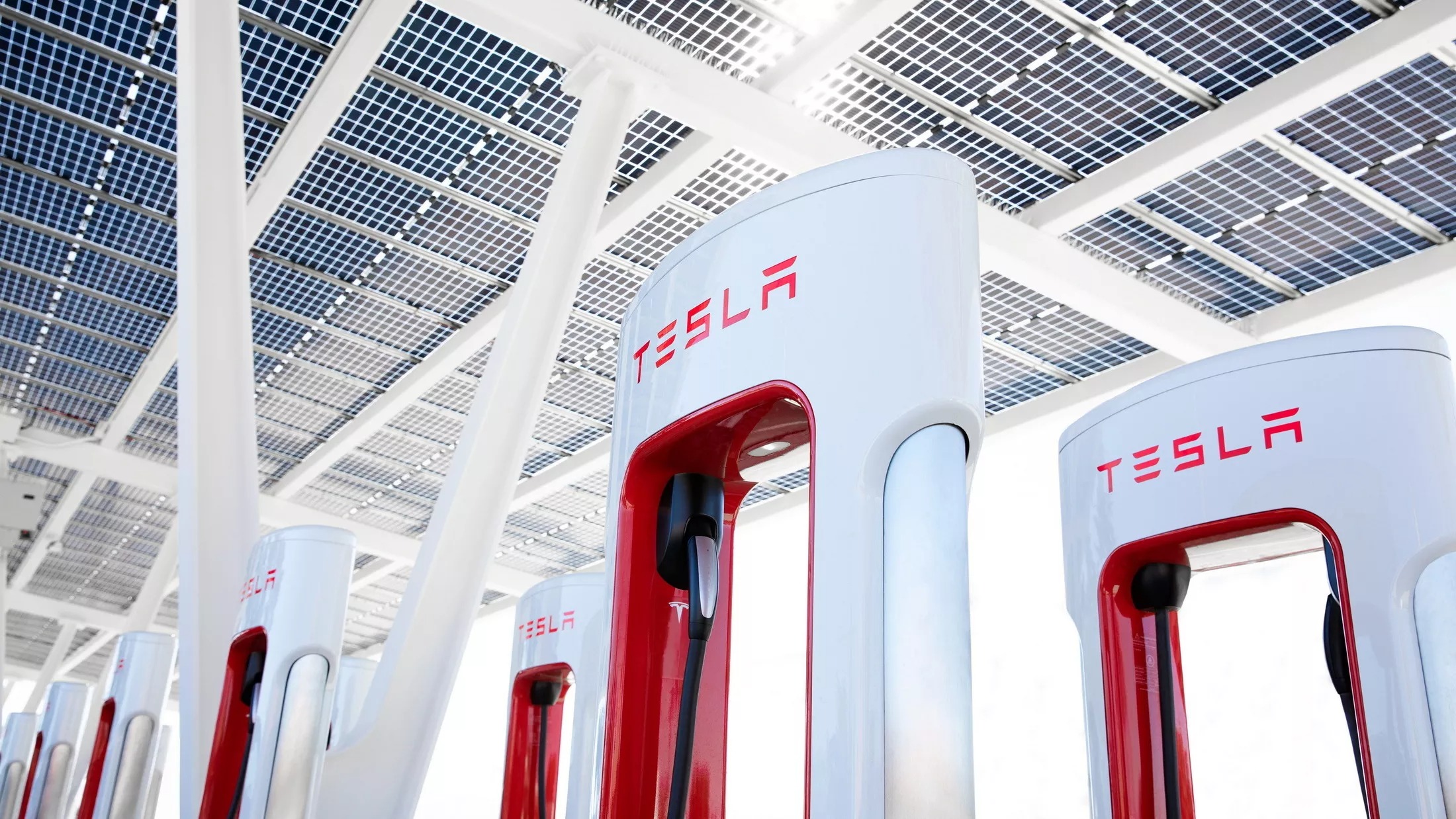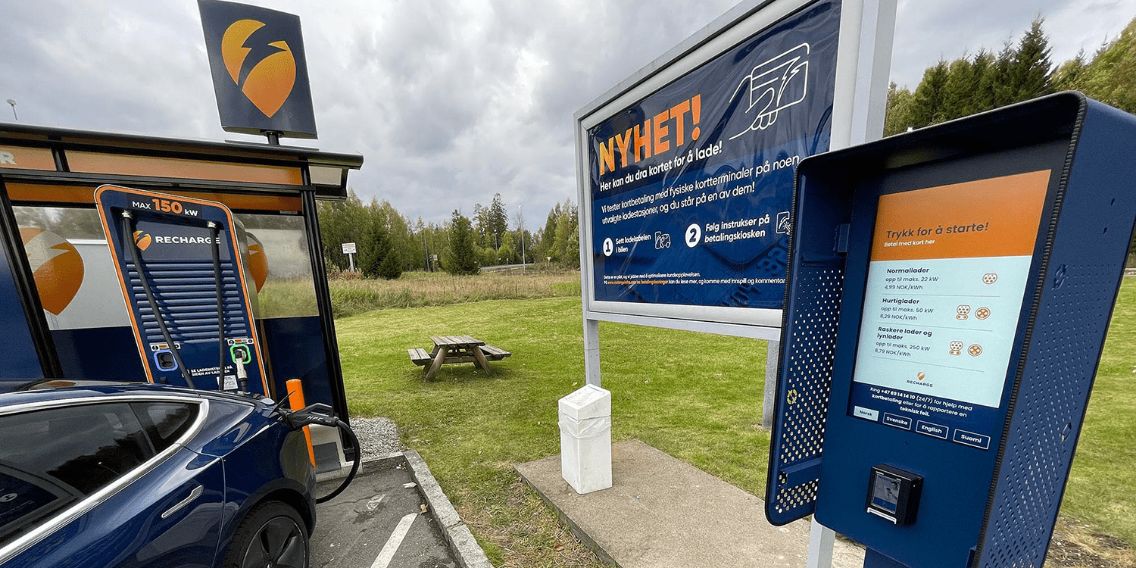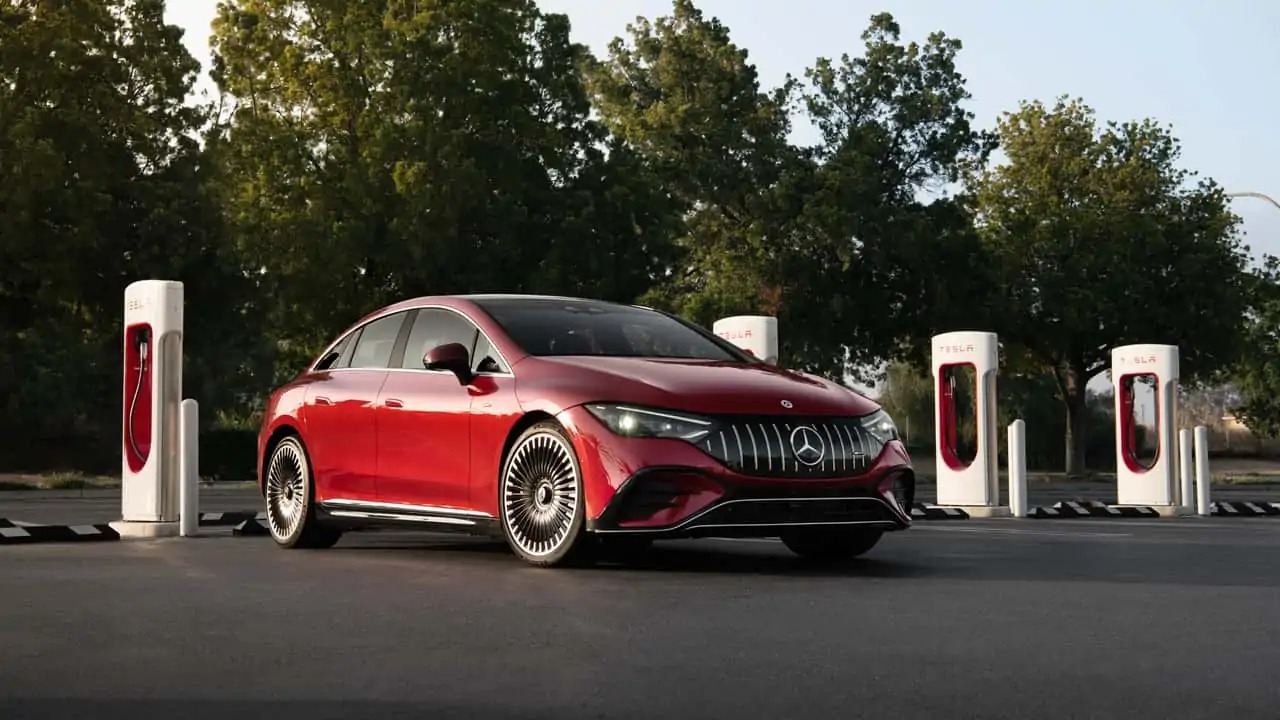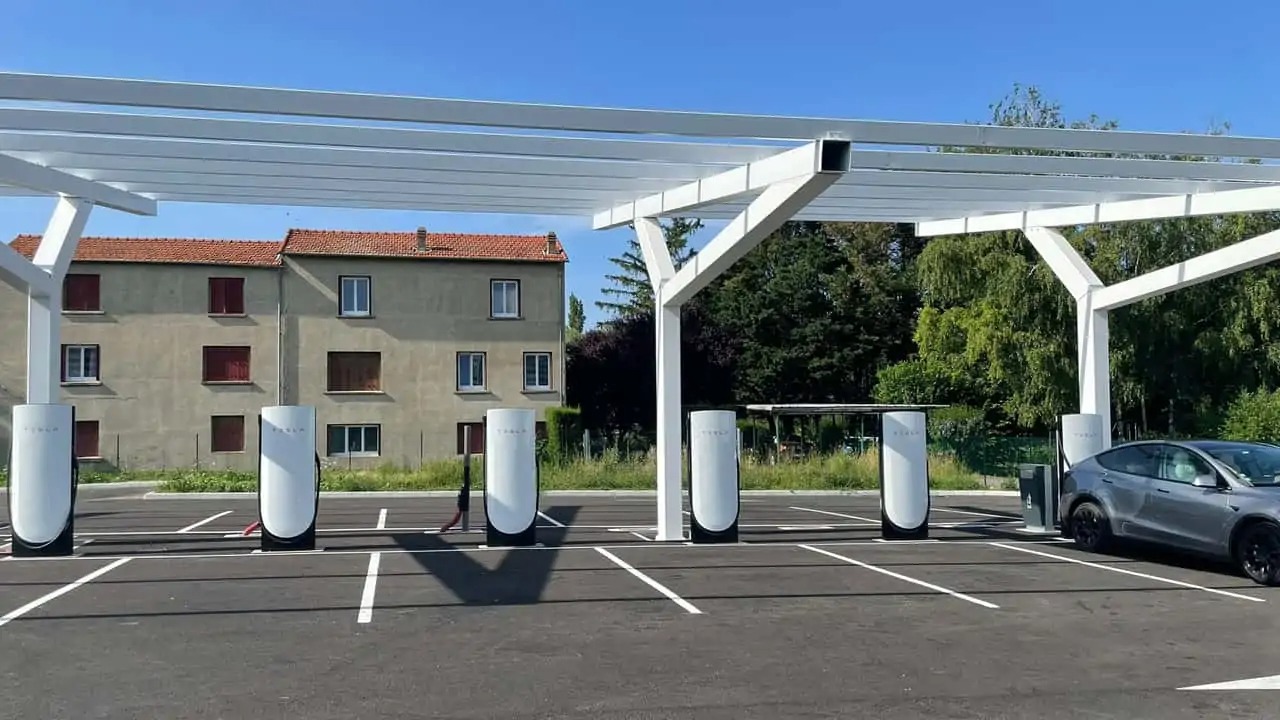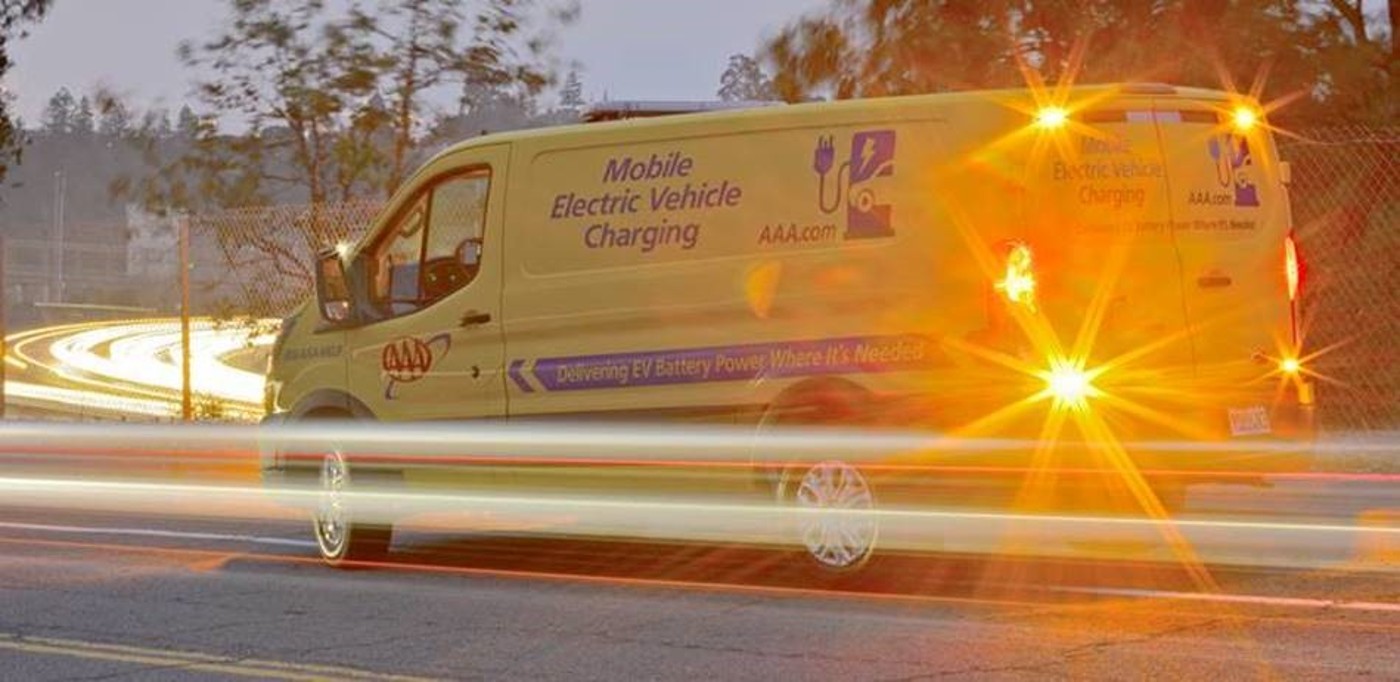In a groundbreaking move, Kentucky has emerged as the first state in the United States to require the implementation of Tesla’s North American Charging Standard (NACS) plug on all government-funded charging projects. This strategic decision comes at a time when support for NACS has exceeded initial predictions, signifying a significant boost to the electric vehicle (EV) infrastructure while catering to multiple vehicle brands.
NACS, previously predominantly associated with Tesla, has now gained traction as a formidable rival to the Combined Charging System (CCS) plug style, which is widely used in other electric vehicles and countries. Kentucky’s mandate goes beyond the status quo by stipulating that all future state-backed charging infrastructure must incorporate both NACS and CCS plugs, as mandated at the federal level. This inclusive approach ensures that nearly any EV can conveniently access and recharge at these government-funded charging stations.
Official documents pertaining to Kentucky’s EV charging program explicitly state, “Each port must be equipped with an SAE CCS 1 connector. Each port shall also be capable of connecting to and charging vehicles equipped with charging ports compliant with the North American Charging Standard (NACS).”
It is worth noting that NACS has recently experienced a groundswell of support, with prominent automakers such as Ford, Rivian, Polestar, Volkswagen, and General Motors joining the ranks of NACS adopters after years of exclusive CCS usage. Adding to the momentum, Texas and Washington State announced in late June their consideration of future requirements for NACS compatibility at state-funded charging stations.
“The decision by Ford, GM, and now Rivian to adopt NACS changed requirements for Phase 1” of the rollout, shared the Texas Department of Transportation in an email to Reuters. Notably, they further confirmed that future DC fast chargers would be equipped with both plug types.
While Washington State has yet to finalize its stance, it has acknowledged deliberations regarding the inclusion of NACS plugs in similar projects. With Kentucky leading the charge, it is expected that other states will soon follow suit, paving the way for a less burdensome and more harmonious future of EV charging infrastructure.

